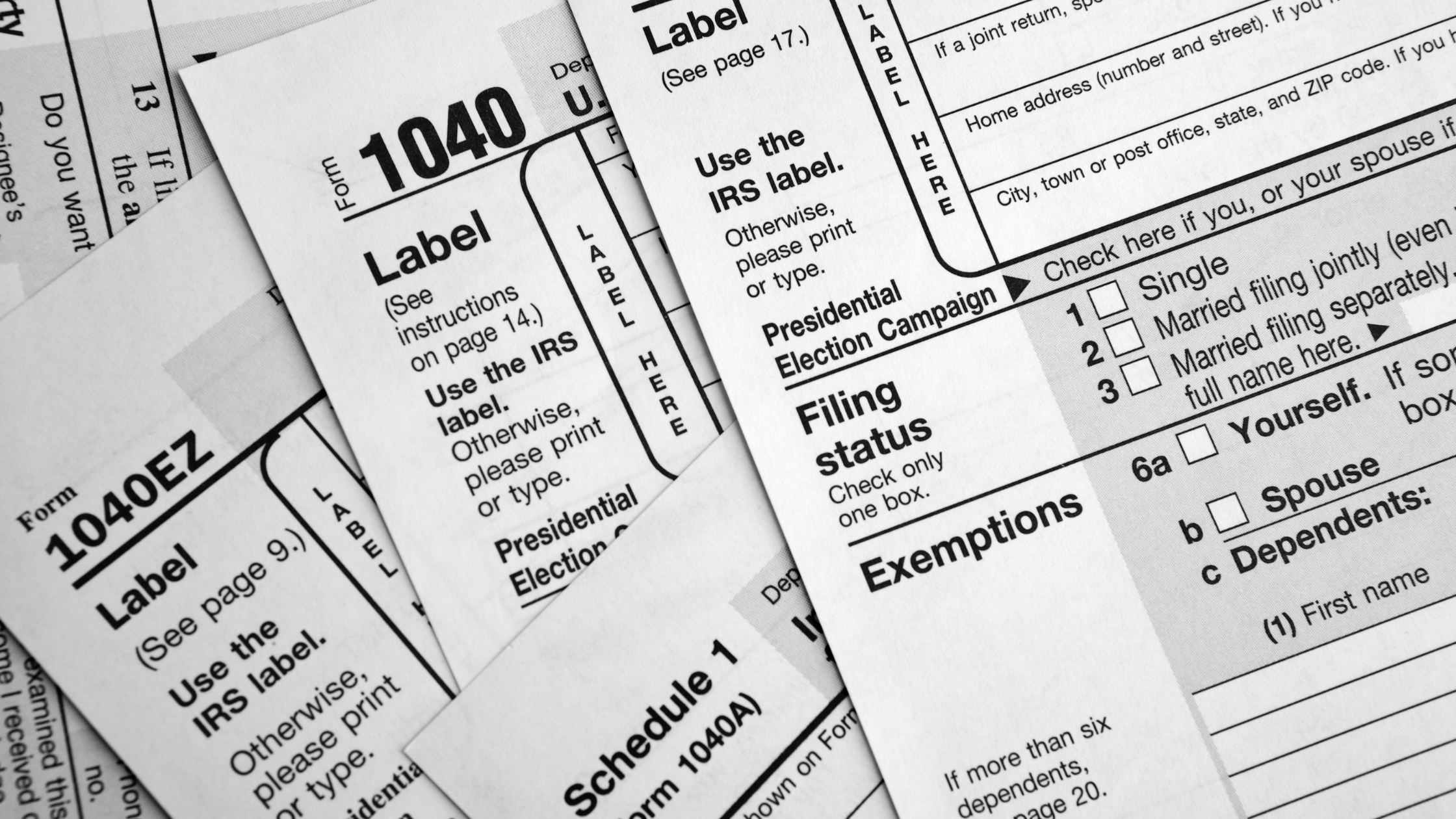
- February 25, 2015
- Katlin Owens
Navigating Tax Season as an Independent Contractor
Remember when you did not want to raise your hand in school because you didn’t want your classmates to know you weren’t confident in your answer? Many of us find ourselves in a similar situation when it comes to our taxes. Tax laws can be vague and confusing, especially for business owners like our independent contractors (ICs). If you’re having trouble grasping your taxes this season, you are not alone.
It’s important for ICs to understand tax liability issues, deductions, tax credits and strategies.
Here are some key tips:
TIP #1: QUARTERLY TAX PAYMENTS
As a self-employed owner-operator, you are required to file quarterly and make tax payments that include Federal income tax, state income tax and self-employment tax. It is recommended that you set aside 25-28 percent of your weekly net income toward these taxes.
There are two methods to estimate your quarterly taxes: the first is the Safe Harbor method. Simply divide your prior year’s tax liability by four to calculate your quarterly tax estimate. However, if your income fluctuates from year to year or quarter to quarter, calculate your actual quarterly income and pay based on that amount. Be sure to pay each quarter to avoid penalties.
TIP #2: TAKE ADVANTAGE OF EVERY LEGAL DEDUCTION AND CREDIT AVAILABLE
These include any expense incurred in the normal course of business, fuel, maintenance and insurance costs, and vehicle depreciation, lease and interest costs.
Remember, tax deductions are only allowed if documentation can be provided to support any claims on your return. Don’t throw away any receipts, cancelled checks, logbooks or any other valid proofs of payment. A rule of thumb is to hang onto these documents for at least three years.
TIP #3: TAX CREDITS & BUSINESS STRUCTURE
You may qualify for several tax credits that can contribute significantly to lowering your liability. Often overlooked tax credits include the American Opportunity Credit, the Earned Income Tax Credit and the Child-care and Dependent Tax Credit. Setting up the appropriate business structure can result in significant savings as well. It is recommended that independent owner-operators set up a Limited Liability Company (LLC) and file taxes as an S Corp.
TIP #4: THE IMPACT OF THE AFFORDABLE CARE ACT (ACA)
Important changes in tax regulation could have a profound effect on your business. For instance, there is a premium tax credit for health insurance purchased on a federal exchange but a potential liability for not carrying health insurance in 2014. There are also updated regulations pertaining to the purchase of health coverage outside of the open enrollment period, fees for not having coverage and new forms related to your federal tax return.
- - - - - - - - -
In summary, reducing your liability and paying less in taxes begins and ends with your willingness to do the necessary research. It’s a matter of good planning, organization and record keeping.
Leave Your Comment
Many desktop publish packages web page editors now use model text
search for sites their infancy.